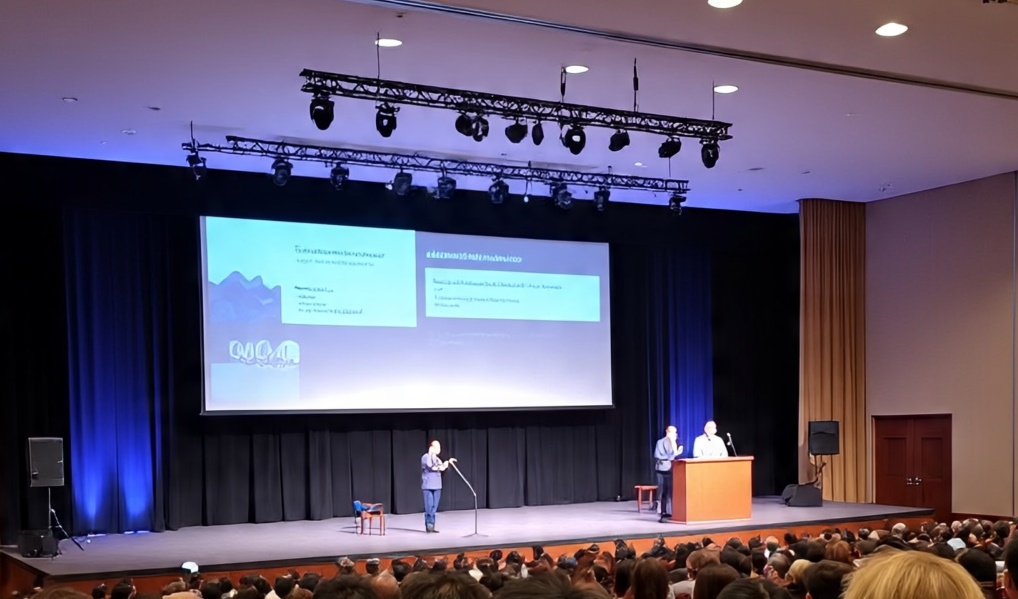Towards Ensuring Sustainable Industrialization and Human Development in South Africa: Challenges and Opportunities
Keywords:
Economy, Entrepreneurship, Investment, South Africa, Sustainable IndustrializationAbstract
The South African economy has registered incredible progress in the recent past through boosting living standards and lifting a large number of citizens out of poverty. However, building a stronger and more inclusive economy vis-à-vis ensuring sustainable industrialization requires bold action from policymakers. This paper explores the challenges and opportunities available for South Africa to achieve sustainable industrialization. This secondary study employed journal articles, newspapers, policy documents, and internet sources to achieve the study objectives. The focus was on the promotion of access to higher education, a stronger and fairer labor market, human capital, technology, and the use of natural resources to boost the economy. Nonetheless, South Africa faces a daunting task in achieving these objectives for instance natural resources will not be utilized efficiently without exposure and use of advanced technology. Hence, the paper argues that there should be numerous factors at play to achieve sustainable industrialization. Such factors include partnerships and cooperation with the international community to boost trade, attract foreign direct investment, and promote entrepreneurship.
References
Abadie, A., D. Drukker, Herr, J. L and Imbens, G. W. (2004). Implementing Matching Estimators for Average Treatment Effects in Stata. Stata Journal 4, 290–311.
Abramson, S. F. and Boix, C. (2013). The Roots of the Industrial Revolution: Political Institutions or (Socially Embedded) Know-How? APSA 2013 Annual Meeting Paper.
Acemoglu, D., P. Aghion, and Zilibotti, F. (2006). Distance to Frontier, Selection, and Economic Growth. Journal of the European Economic Association 4(1), 37–74.
Bloom, N. and Van Reenen, J. (2007). Measuring and Explaining Management Practices Across Firms and Countries. Quarterly Journal of Economics 122(4), 1351–1408.
Dittmar, J. E. (2013). New Media, Firms, Ideas, and Growth: European Cities After Gutenberg. Working Paper.
Dowey, J. (2014). Mind over Matter: Access to Knowledge and the British Industrial Revolution. Ph.D. thesis, London School of Economics. Department of Economic History.
Chang, H. J., Andreoni, A., & Kuan, M. L. (2013). International industrial policy experiences and the lessons for the UK. Accessed via https://www.gov.uk/government/uploads/system/uploads/attachment_data/file/277162/ep4-international-industrial-policy-experiences.pdf
Chimucheka, T. (2013). Overview and Performance of the SMMEs Sector in South Africa. Mediterranean Journal of Social Science, 4(13), pp. 783 - 795
DTI. (2014). Industrial Policy Action Plan: Economic sectors and employment cluster, IPAP 2014/15 - 2016/17.
DTI. (2016). Performance of IDAD Incentives Programmes. Accessed via https://www.thedti.gov.za/parliament/2016/Incentive_presentation_12022016.pdf
Kyaw, A. (2008). Financing Small and Medium Enterprises in Myanmar. IDE Discussion Paper No. 148. Accessed via http://ir.ide.go.jp/dspace/bitstream/2344/742/3/ARRIDE_Discussion_No.148_kyaw.pdf
Lavrikova, Y. G., & Averina, L. M. (2015). Strategic framework for implementing the potential of import substitution on the example of railway engineering. Ekonomicheskie i Sotsialnye Peremeny, (39), pp. 85-99A
Mendes, A. F., Bertella, M. A., & Teixeira, R. P. (2014). Industrialization in Sub-Saharan Africa and import substitution policy. Brazilian Journal Of Political Economy/Revista De Economia Política, 34(1), pp.120-138.
Nzau, M. (2010). Africa’s Industrialization Debate: A Critical Anal sis. The Journal of Language, Technology & Entrepreneurship in Africa, 2(1), pp. 146 - 165.




